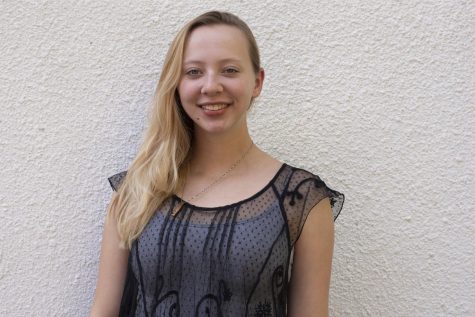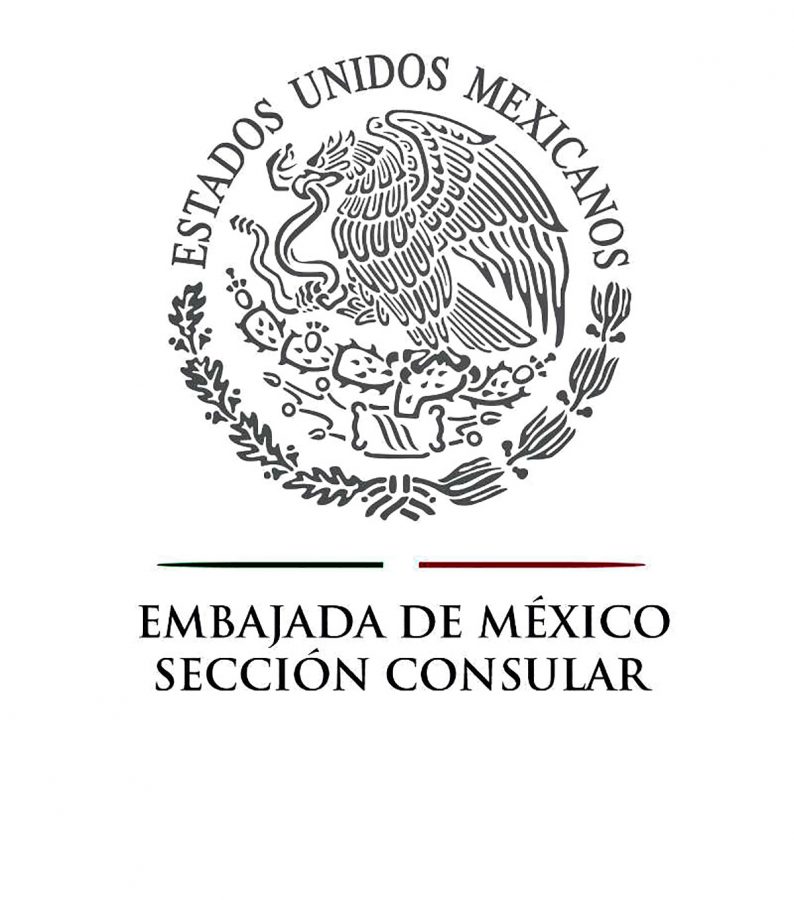It takes a village
Seventh Mexican mobile consulate visit here provides documents, counsel to local Mexican population
Photo by SUBMITTED
The St. Paul consulate covers 19 counties in Wisconsin, including the Eau Claire area.
Note: “Latinx” is the gender-neutral term used to describe a person of Latin-American heritage.
According to Data USA, 4.27 percent of Eau Claire’s residents in 2017 were born outside of the United States. This adds up to about 2,900 immigrants.
About 145 Mexican-born Eau Claire residents and their families met with staff from the St. Paul Mobile Mexican Consulate at Immanuel Lutheran Church on Saturday (Sept. 28).
From 9 a.m. to 2 p.m., JONAH’s Immigration Task Force hosted the gathering, where members of the Mexican immigrant community were able to obtain Mexican ID’s, passports, legal counsel and other information from this traveling branch of the Mexican government.
This is the seventh year that the task force has hosted the consulate’s visit, said Joyce Anderson, co-president of the task force. JONAH (Joining Our Neighbors, Advancing Hope) is a local faith-based organization whose activities focus mainly on social justice issues.
“It just feels really good to be able to provide a service to your neighbors,” Anderson said in an interview. “I see the (Latinx) community, with their remarkable love of family and their incredible work ethic, really contributing to our community. And this is the least we can do to provide a safe place of welcome.”
Background on the visit
The St. Paul consulate covers 19 counties in Wisconsin, including the Eau Claire area, and aims to provide local Mexican residents with the tools and information to ensure their protection in the United States.
The Mobile Mexican Consulate visits Eau Claire to serve Mexican residents who are unable to travel to St. Paul – specifically, due to the Wisconsin law that prohibits people without Social Security numbers from obtaining state driver’s licenses.
A consulate-issued ID card will allow Mexican residents to prove identity and nationality, should they be approached by local law enforcement. Local and state-level law enforcement agencies are not obligated to question a person’s immigration status, which is not indicated on a consular ID.
Consular ID cards can also be used as valid identification at financial institutions or for other application processes.
According to Anderson, the Mobile Mexican Consulate differs from year to year. This year, volunteer UW-Eau Claire students from Prof. Carter Smith’s Spanish classes provided childcare while parents spoke with consulate members. Additionally, JONAH worked in partnership with the Eau Claire City-County Health Department.
Health department’s role
Lieske Giese, the department’s director, said it is taking part in a state-initiated investigation of healthcare for underserved groups of people.
According to Giese, a people’s health is not solely dependent on their doctor visits. In fact, access to doctors plays only a small role in a person’s overall health, Giese said, especially for groups like the Latinx community.
“They don’t have good transportation, they may not have healthy housing, they may not have the immigration status that gives them safety and security with being in a place,” Giese said. “So, they might not be as healthy because of that.”
Giese and other volunteers with the Health Department used the consulate visit as an opportunity to survey Latinx residents in order to determine factors affecting their community directly. Through this survey, Giese said the survey will help to pinpoint the things that might help the local Latinx community become healthier, and what needs to be changed – beyond access to medical care.
Giese said the information gathered will be shared with the state government, though only on a general basis. No specific data on any one individual will be shared.
Importance of building relationships
Though Giese acknowledged that the data being gathered was important, she also said building a relationship between the local Latinx community and the city health department would be even more beneficial to overall health.
“This is about real people in our community that are contributing,” Giese said. “I think that people in Eau Claire need to remember that this is our community and we should support people.”
Anderson said Saturday’s turnout was a success, drawing more visitors than she had expected.
“No matter what you think of immigration, the people living here are all raising their families here, they’re working and contributing to our economy, they’re contributing – personally – to my quality of life,” Anderson said. “And to provide a place where they can talk with representatives from their government – I think it’s just a very good thing to do.
“It makes people who are here from Mexico feel like there are safe places to be. And we try to make it welcoming, as well … We are a nation of immigrants. That’s what makes our nation strong,” she added.
Fuerstenberg can be reached at fuerstmm8073@uwec.edu

Madeline Fuerstenberg is a fourth-year journalism student. This is her eighth semester on The Spectator staff and she’ll miss it with all her heart once she graduates (if she graduates).


